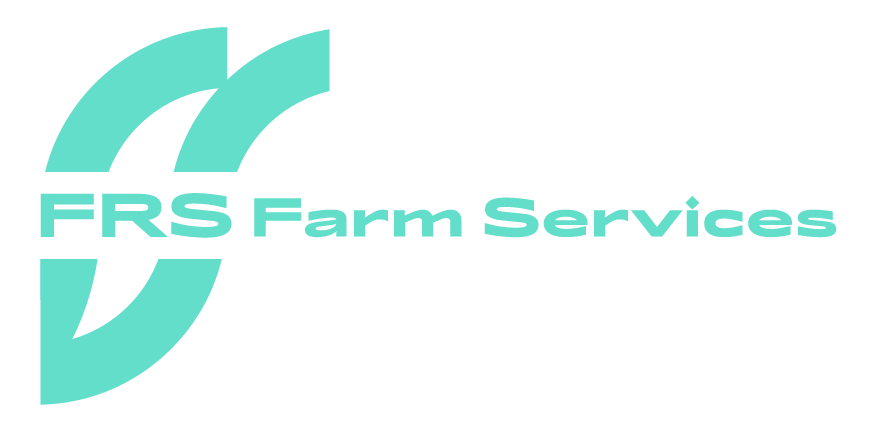It’s that time of year when farmers need to think about diseases with housed animals and how to prevent them. Illness can occur with a herd at any time of year, but animals are at a higher risk during the Winter months due to a number of factors including weather, shed conditions and stress on an animal.
Respiratory illnesses are especially common in animals throughout Winter, usually displaying as different forms of pneumonia. The most common forms of pneumonia found on Irish farms are IBR, RSV and PI3. Viral pneumonia cam be costly with studies showing farmers can spend over €130 to treat an animal. Long term, prevention is better than cure for both the farmer and animal. Farmers should first look back on the previous year and identify if they had any cases of pneumonia, what shed did it occur in and what were the conditions at the time. The key factors to consider in minimising respiratory diseases are ventilation, good general health, minimising stress, and vaccination.
Pneumonia is an air-borne disease, and it can spread easily in confined spaces. Ventilation in sheds is important as fresh air can kill bacteria and viruses. Adequate inlets and outlets are best for providing a flow of air. Farmers should consider other issues that could be affecting ventilation, for example, nearby bales reducing airflow. It is also important to block any large drafts, as this can also make animals sick.
If proper ventilation does not occur, moisture in the air can become an issue. Humidity aids conditions that favour pneumonia. To combat extra moisture in sheds, ensure that you provide dry bedding, and all pipes and water throughs are checked regularly.
Best practice at housing times is also key to preventing illness. Avoid high stocking densities and ensure that there is enough lying space for animals. Try to house animals of different ages separately. It is recommended to avoid mixing cattle, especially those bought in.
Where livestock is pre-disposed to stress, their immune system can weaken and are more susceptible to infection. Aim to keep stress at a minimum for animals around times of weaning and transport. Nutrition also plays a factor; it is important to provide good quality feed and bedding and have access to clean water at all times.
Lastly, every farm should have a vaccination programme in place. Consult with your local veterinarian to ensure that you are treating your animals correctly. Be aware that some vaccinations may need time to act or a booster. It is important to be prepared and plan all vaccinations and dosing in advance.
Addressing these problems will also limit the likeliness of you herd contracting other diseases and illnesses. Having a healthy Winter will have a lasting benefit to cattle health and productivity, beyond the housing period.
FRS can provide this extra help if required. FRS operators are following the current Covid 19 guidelines to safeguard the health and safety of customers and themselves. For more information visit frsfarmreliefservices.ie.
Follow us on Facebook here
